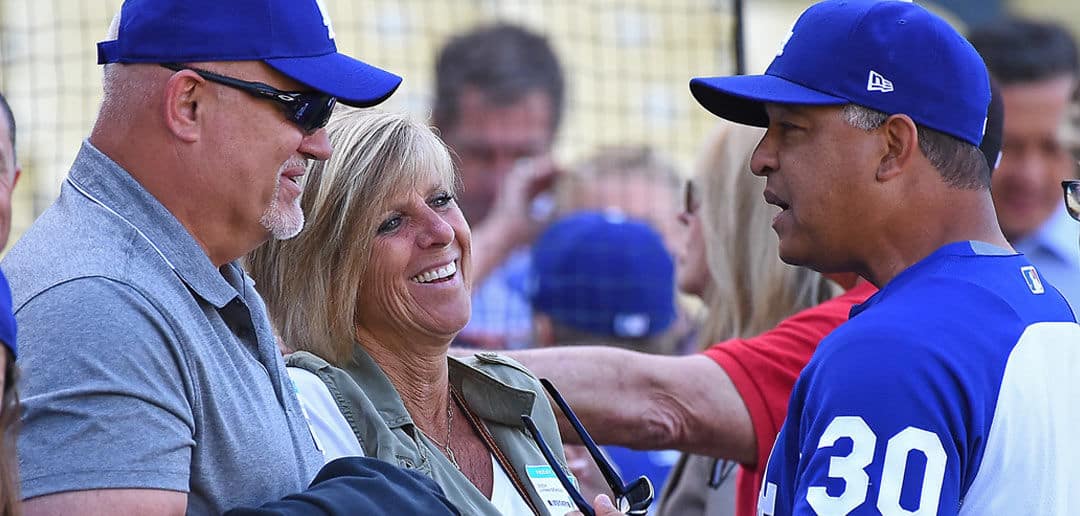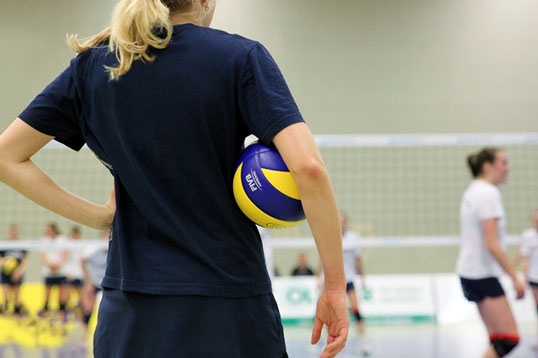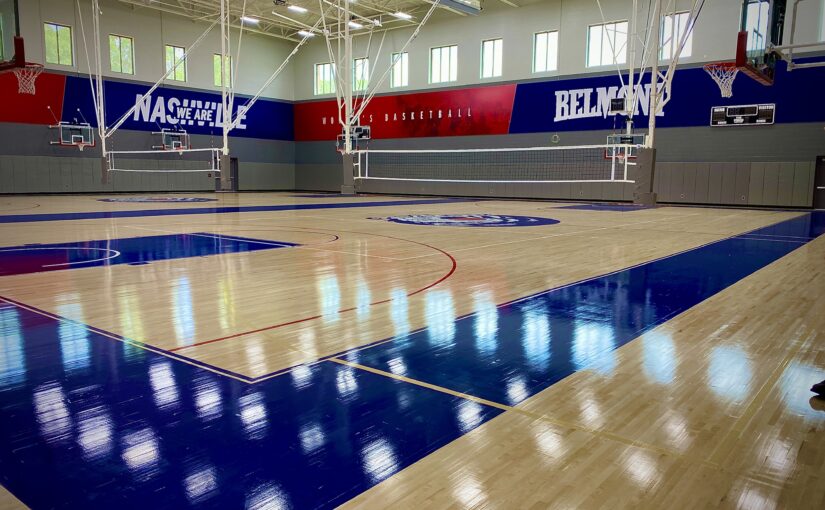A.D.ministration — Limiting Problems by Effectively Communicating with Parents
While misguided, challenging individuals get a great deal of attention, and rightfully so in many cases, the vast majority of parents are good, positive, and supportive. With both segments, there is a need to guide and educate them with respect to the concept of education-based athletics and how your program operates. As a result, this effort may also decrease or mitigate potential problems. And to accomplish all of this, clear, effective communication is the essential key.
For years, preseason parent meetings were one of the main methods athletic administrators used to educate parents with respect to protocols and procedures, communicate expectations, and explain the role that parents play within the athletic program. Even though there are additional means and vehicles that should be considered in order to reach parents, there is nothing wrong with this established approach. You may want to, however, make some adjustments and improvements in order to keep this approach fresh and effective.
 To spice up and yet keep preseason parent meetings relevant, consider the following.
To spice up and yet keep preseason parent meetings relevant, consider the following.
- Always use PowerPoint, video clips, or similar aspects of technology for your presentations. These features help maintain the attention of the audience instead of a simple, dry verbal message.
- Also, consider utilizing different ‘voices’ to essentially deliver the same messages that you normally would cover. After many meetings, some of the parents may get a little weary of hearing you one more time delivering the same material, even if the details are vitally important. Using your athletic trainer or team physician, for example, to present a quick synopsis of concussion protocols or how to report injuries would be a welcome change for some.
- Try using a different venue and even change the format of the meeting. Yes, there is still essential information that you want and need to cover, but you don’t always have to start in the auditorium and then move to breakout rooms where parents hear from the coach of their child’s team. In the fall, consider a picnic in the stadium and perhaps you conduct a question-and-answer segment, in which you have provided a select number of parents with questions so that the pertinent information is covered. But occasionally, do something different.
Beyond preseason parent meetings, what else can you do to more effectively reach parents?
- Make better use of your website. While many athletic administrators post schedules, game results, and rosters, more can and should be done. On your site, post articles or provide links to materials that explain the purpose and value of education-based athletics.
In addition, share all policies and procedures that pertain to the operation of your program. Also, include all forms and documents that athletes and parents will have to complete in order to try out for a team.
Be innovative and include a section entitled “Frequently Asked Questions” or FAQ in short form. Take the most common and often asked questions that you typically get, and provide a simple, straightforward answer. In addition, to quickly and easily provide the information, you may, as a result, get fewer phone calls. And who wouldn’t like that? - Take full advantage of as many social media platforms as you can in order to reach your parents. Since your parents and community members will not necessarily use only one or the same vehicle, the more different ones that you use will ensure that a greater number will ultimately receive your message or the information.
- Continue to use newsletters to address important details or developments involving your program. Beyond the long-standing, traditional hard copy medium, also consider putting a copy together and sharing it digitally. But newsletters still serve the purpose!
- Accept as many speaking engagements as you can. These options should include presentations at booster club and parent-teacher association meetings, civic organizations, youth leagues, and anywhere that you can explain the concept of education-based athletics and how your program operates.
- Create hard copy documents for all of the lists of expectations you have for your program such as dealing with sportsmanship. You can put a few key points on the back of a business card, while others might use a 3×5 card or a tri-folder leaflet. But by having printed copies, you can quickly and easily hand one to anyone who might not be complying with your standards. As a matter of fact, it is also a good practical idea to keep several copies in your ticket booth so that they are readily available.
For the misguided, challenging group, it is also vital that you communicate effectively. If there has been a problem, a conversation behind closed doors would be the most appropriate forum.
In many school settings, this would occur the following day after an incident, but definitely as soon as possible. The following suggestions should help with these difficult sessions.
- Write down what happened with respect to the incident and record your first-hand observations. You should also get anyone else — security personnel, teachers, coaches, or other administrators — to also job down what they saw and any actions that were taken. Always include the time and date of when the problem occurred.
- Arrange to have a security person, an assistant principal, or some other third party join the meeting if there is any reason that it could be contentious.
- Explain the parameters that will govern the meeting when the parent arrives. This would typically mean that if any inappropriate or threatening language would be used, the session would end.
- Prepare an outline or script for the meeting to avoid going off-topic, and so that you cover everything that needs to be included. Also, have copies of any policies, procedures, or lists of expectations that pertain to the incident ready to be shared with the parent. Highlight any specific items that support and illustrate the nature of the incident.
- Always try to end the conversation by thanking the parent for a meeting, also with the hope that the session was helpful, and that there would be no further problems in the future.
- Always file the initial set of observations, notes made during the meeting, and what actions were taken as a result of the meeting. These documents are important in the event that there is ever another problem.
» ALSO SEE: Coaching for Significance — Traits of a Natural Leader
With all parents — supportive or misguided -— clear, effective communication is essential in an effort to inform, educate, and be proactive in heading off misunderstandings or potential problems. This makes communication an essential and extremely important aspect for every athletic administrator.





